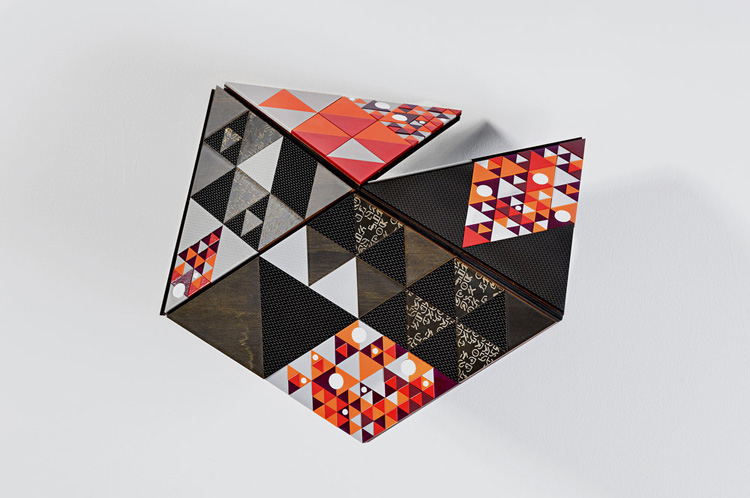Troy Innocent – Pattern Recognition #abstract #code #AR [#geekgirl]


“Pixel” is the latest from Adrien M / Claire B, a French dance company specializing in cutting-edge physical-digital performance. The group’s choreography extends beyond its dancers—by projecting light onto the stage and backdrop behind it, the company creates dynamic virtual worlds that respond to and interact with the people among them. In this latest spectacle, dancers spin inside virtual rings; they hold umbrellas that shield them from pixelated rainfall. At its best, the distinction between the physical and digital evaporates entirely.
Source: WIRED
[From an article at StartUpSmart] “Sydney and Melbourne are readying to host Australia’s first female-only hack-days as women’s coder groups combine forces to boost the number of female tech start-up founders.
The She-Hacks events will be run in the Google Australia offices in Sydney and at Melbourne co-working space Inspire9 in late March.
The events will bring together coders, project managers and designers who will form teams of around five to develop apps around a ‘communities and neighbourhood’ theme.
The She-Hacks events are co-ordinated by the local chapters of international networking group Girl Geek Dinners.
According to co-ordinator Tammy Butow, the Melbourne chapter has grown from 300 to 800 members in 18 months.”
Due for release code {poems} is a book edited by Ishac Bertran
“When things get complex, as they may indeed be getting, the distinction between tools and the things that can be made with them begins to dissolve. The medium is not only also a message, it is an essential counter-valence to our own impulses towards the creation of meaning, beauty and knowledge. The tools we think we are using also use us: They push us around, make us think new things, do new things, even be new things. Language is no different, of course, although in its supremacy and ubiquity, it is even more elusive, difficult to perceive. The very words you are looking at right now are like compact little cryptograms—a written convention, talking back at you in codes.
Poetry is language speaking for itself. It is, at its best, where what is being told is coincident with the telling. The words written, or uttered, pop out at us, while in the same moment, constellations of meaning emerge; the components and its composition resonate, vacillate, on the page and in the air. Many of the constraints and styles of poetry we know have developed in order to allow words to express themselves, or show themselves as the mediation of a mental image. Programming languages for computer hardware, no matter how “high level” or abstract they are, are by necessity far less elaborate than traditional forms of writing and speech. But the structure and function of these new languages give them special advantage in clarity: These languages (syntax, sequence) and the results they produce (ideas, ‘executables’) are absolutely inseparable. By design, computing languages are created in order to express specific ideas, creating certain kinds of action or manipulation of other codes (data). In this sense perhaps, software is always, and already, poetic. It is precise description, and pure syntax—the signifier and signified—clearly coincident in the machine.
Ishac Bertran’s code {poems} is an edited book project that exposes the materiality of computer programming languages. Here are presented a small sampling from a compiled book of poetry written by software engineers, artists and other code writers, “exploring the potential of code to communicate at the level of poetry.” (code-poems.com) The project solicited for online, public submissions from code-writers in response to the notion of a poem, written in a software language which is semantically valid (i.e.: it compiles). This solicitation winds up revealing the inner workings, constitutive elements, and styles of both a particular software and its authors. From a large number of submissions, a selection of poems will be printed as a bound volume in 2012.”
Source: in continent. 2.2 (2012): 148–151